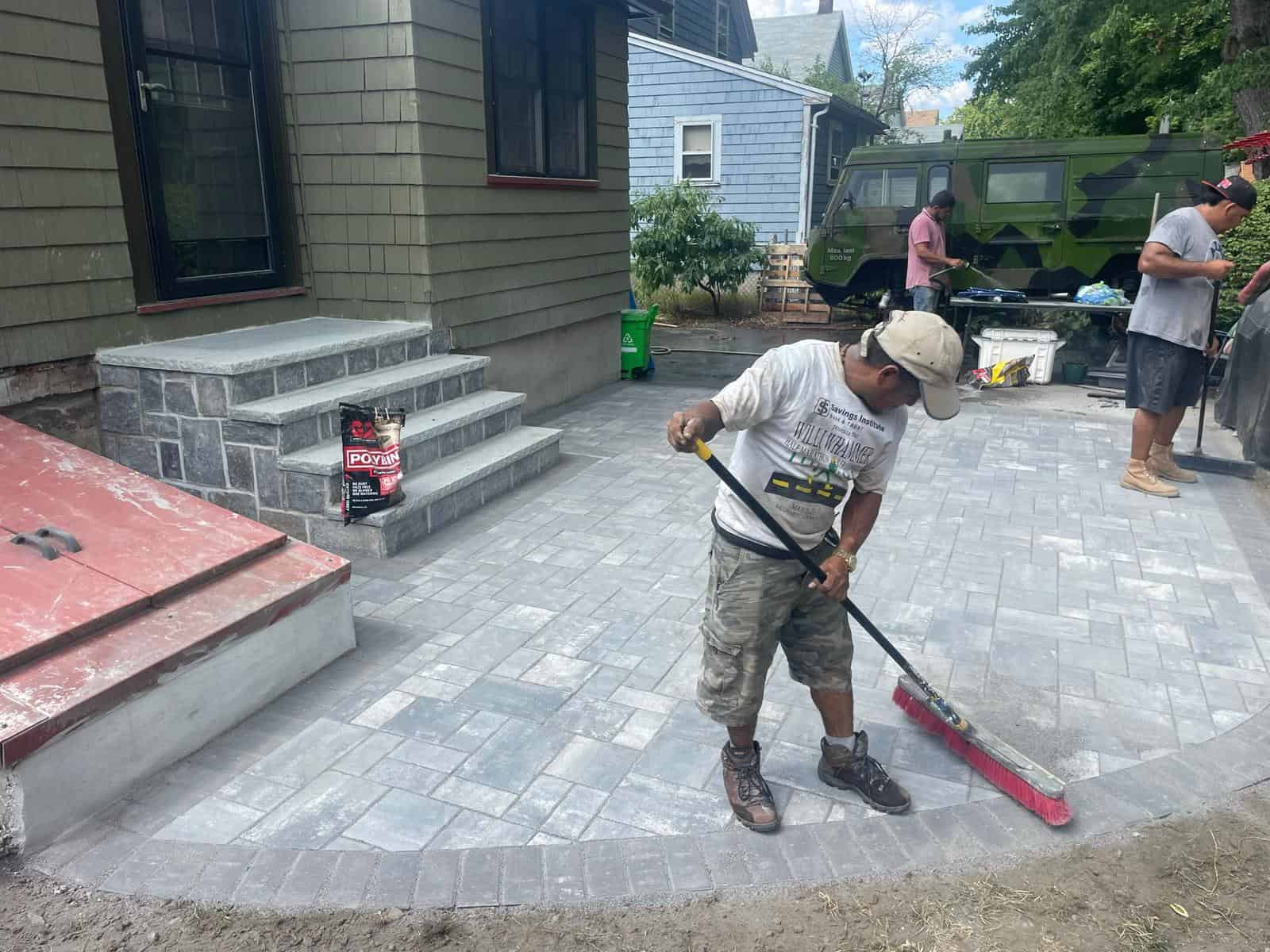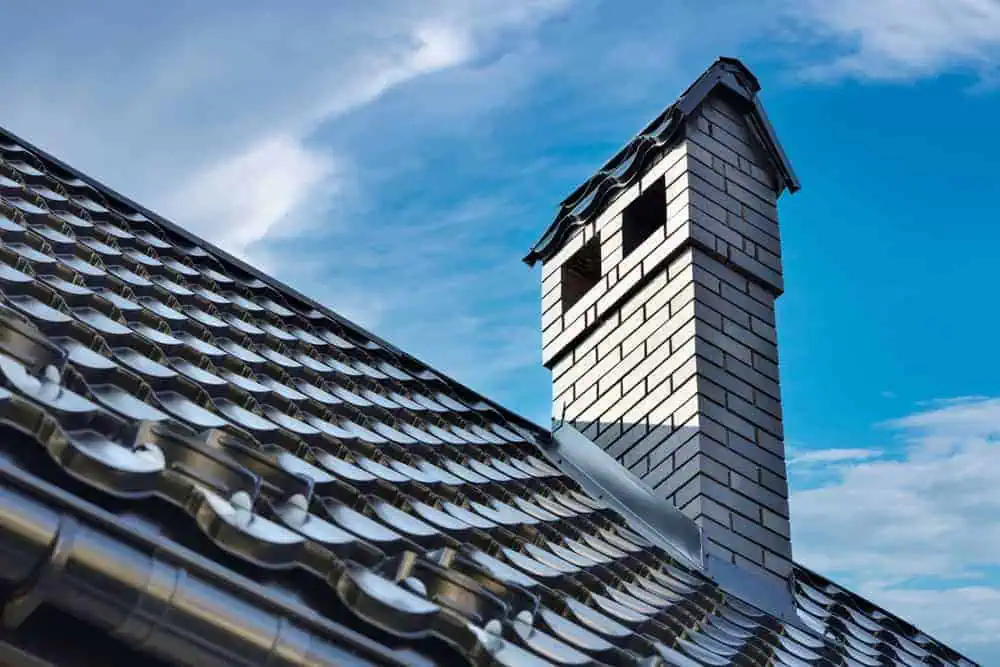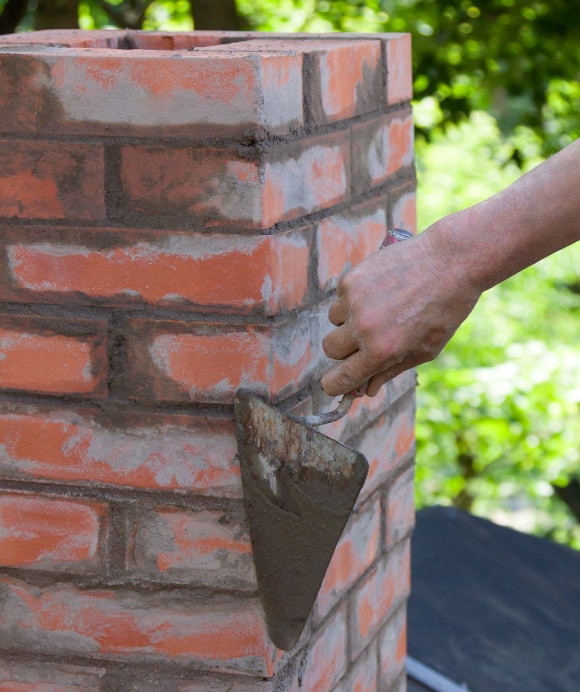Summary:
What Boston Homeowners Actually Pay for Patio Installation
In Massachusetts, patio installation generally ranges from $5,000 to $25,000+ depending on materials, complexity, and size. But that’s a pretty wide range, and it doesn’t tell you much about what you’ll actually pay.
In Suffolk County specifically, homeowners typically pay between $1,247 and $8,735 for patio installation. The variation comes down to size, materials, and site conditions—but there are some predictable patterns once you know what to look for.
Most Boston-area homeowners end up spending somewhere in the middle of that range, around $12,000 to $15,000 for a standard 200-300 square foot patio with quality materials and professional installation.
Paver Patio Installation Boston: The Most Popular Choice
Paver patios in Boston cost $18-$22 per square foot for sand-based concrete pavers, making them the go-to choice for most homeowners. Here’s why they’re so popular—and what drives the cost.
The base price includes your 4-inch compacted stone aggregate base and 1-inch sand bedding layer, which is critical for Boston’s freeze-thaw cycles. Skip this foundation work, and you’ll be dealing with shifting, cracking pavers within a couple of seasons.
Standard brick pavers run $19-$23 per square foot, while deluxe options can hit $22-$25 per square foot. The difference usually comes down to color consistency, texture, and how well they’ll hold up to road salt and winter weather.
For a typical 12×14 patio (168 square feet), you’re looking at $3,000 to $3,700 for sand-based concrete pavers. That includes materials and installation, but doesn’t cover site prep if you need to remove an existing patio or deal with drainage issues.
Want a concrete slab base instead of sand? Add another $5-$9 per square foot. It’s more expensive upfront, but we sometimes recommend it for areas with heavy use or challenging soil conditions.
The installation process matters more than most homeowners realize. Concrete pavers allow our installers to work faster with consistent dimensions, typically completing a 500 square foot patio in about 2 days with a small experienced team.
Stone vs Paver Patio Cost: When Natural Stone Makes Sense
Natural stone patios cost $13.43-$15.53 per square foot in Boston, but that’s just the starting point. The real cost depends on the type of stone and how much custom cutting your project requires.
Natural stone pavers range from $8-$30 per square foot and are known for their unique textures and high-end appearance. Each stone is different, which creates that authentic, upscale look—but also requires more skilled installation.
Working with natural stone takes more hands-on time because we need to trim and shape each piece to fit properly. This requires different tools and specialized knowledge, which means more time and higher labor costs.
Bluestone, one of the most popular natural stone choices, costs $17-$25 per square foot installed. A medium-sized 10×10 dining patio runs around $1,700-$2,500, depending on the quality and finish you choose.
Flagstone patios cost $15-$30 per square foot on average. Their irregular shape adds natural beauty but makes them more challenging to install, which is reflected in the labor costs.
The big advantage? Many homeowners choose natural stone for the warmth, color tone, and longevity that a natural product provides. Flagstone pavers are durable and can last for centuries when properly installed.
Here’s something most contractors won’t tell you upfront: Natural stone may require professional installation due to irregular shapes and heavier weights. That’s not necessarily a bad thing, but it does mean you can’t cut corners on the installation if you want it done right.
Hidden Costs That Can Double Your Patio Installation Budget
The material and labor costs are just the beginning. Several “extras” can significantly impact your final bill, and many contractors don’t mention them until you’re already committed to the project.
Site preparation, including grading, demolition, or dealing with poor soil conditions, can add substantial labor costs. In older Boston neighborhoods, you’re often dealing with compacted clay soil or existing concrete that needs removal.
Demolition of existing patios isn’t included in standard pricing. Demolition of sand-based pavers runs $5-$7 per square foot, but concrete removal can be significantly more expensive.
Site Preparation: The Foundation of Your Investment
Proper drainage is critical in Massachusetts due to weather conditions and may require extra investment. This isn’t optional—skip it, and you’ll be dealing with water damage, frost heaving, and structural problems within a few seasons.
Boston homeowners face unique challenges dealing with seasonal weather variations that affect patio durability. Common needs include ensuring proper drainage to prevent water damage and selecting materials that can withstand harsh winters.
Excavation depth matters more than you might think. Most patio foundations require digging down 6 inches and filling with sand, crushed stone, or both, with sand laid on top of crushed stone. Once compacted, a sub-base can be added along with geotextiles and edge restraints.
Travel and delivery costs can be higher based on your property location, especially in high-cost areas. Rocky or steep sites also increase installation costs. If your property requires special equipment access or has challenging terrain, expect to pay more.
Tree removal and dirt hauling (either to or from the site) are additional costs that many homeowners don’t anticipate. These can add hundreds or even thousands to your project, depending on the scope.
The good news? Projects with sand-based pavers on flat areas with normal soil conditions and no demolition requirements typically stay closer to base pricing.
Permits, Design Complexity, and Premium Features
Most paving stone installations for patios, walkways, or driveways don’t require permits in Massachusetts, and ordinary landscape design projects like stone walls typically don’t need permits either. This is one area where you can breathe easier—no permit fees or approval delays for standard patio installations.
However, some types of patios that require concrete foundations may need permits, while paver patios generally do not. There are exceptions based on patio size and local requirements, so it’s worth having a professional installer determine whether permits are needed.
Design complexity significantly affects costs. Different patterns require varying levels of skill and time to install, and the more complex the pattern, the more you can expect to pay.
Custom features like retaining walls, fire pits, or outdoor kitchens significantly raise the budget—but also increase property value. These additions can easily add $3,000-$10,000+ to your project, depending on the scope.
Paver sealant application is another optional cost that some homeowners choose for enhanced protection and easier maintenance. It’s not required, but it can extend the life of your investment.
Material costs typically run $4-$6 per square foot, while installation labor costs $6-$11 per square foot. Understanding this breakdown helps you evaluate quotes and spot potential red flags.
The timeline matters for your budget too. A typical install takes a full day with four workers, two days with three, or four days with one. Contractors with larger crews can complete projects faster but may charge premium rates for the convenience.
Planning Your Custom Patio Installation in Boston
Adding a paver patio increases your home’s value, curb appeal, and makes it more attractive to potential buyers, providing a 69% return on investment. That’s solid financial reasoning for moving forward with your project.
The key is getting accurate quotes that account for your specific site conditions and material preferences. Like choosing between a $20,000 car and a $60,000 car, there’s no right answer—it’s about what fits your needs and budget.
When you’re ready to move forward with your patio installation, working with experienced local contractors makes all the difference. We’ve been handling these projects throughout Boston and Middlesex County for over 30 years, and we understand both the challenges and opportunities that come with our local climate and soil conditions.



